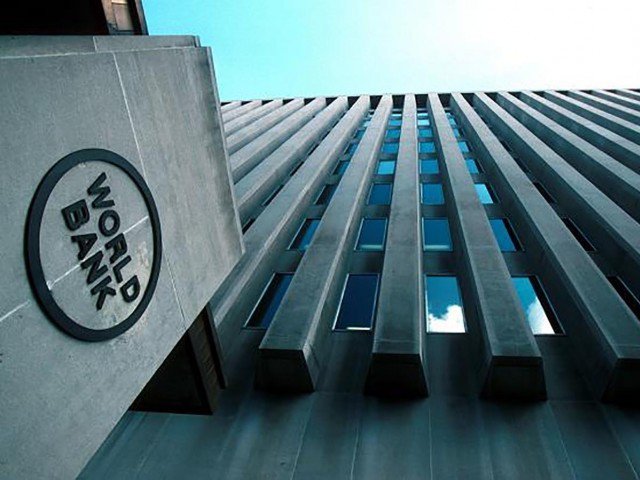The World Bank has proposed that Pakistan government turn the Directorate General of Petroleum Concessions (DGPC), currently under the Ministry of Petroleum and Natural Resources, into separate regulation and policy wings similar to the Canadian model to boost oil and gas exploration activities across the country.
The government is already working on splitting the public gas utilities – Sui Northern Gas Pipelines and Sui Southern Gas Company to enhance the transmission and distribution system. Similarly, it has started restructuring the DGPC. A high-level meeting led by the Petroleum and Natural Resources Minister Shahid Khaqan Abbasi, was held last month to review the progress on the plan, a senior government official aware of the development has been reported to have said.
Officials present at the meeting were apprised that the World Bank was reviewing a report regarding the reorganizing of the DGPC. However, some delay has been witnessed owing to the quality of the initial report prepared by a World Bank consultant.
Work on splitting the regulation and policy functions at the DGPC has been pending as World Bank has not been able to assign a suitable international expert in the area. The splitting of the two domains is crucial and requires immediate attention, observed the meeting members. The petroleum minister pointed out that Canada’s Alberta province had successfully made progress in the specified area and experts could possibly be sourced from there.
After the 18th Amendment to the Constitution, provinces in Pakistan were empowered to claim their right on 50pc of natural resources and have resultantly formed their energy ministries. The minister said that the provinces are important stakeholders in the entire process of splitting up the DGPC into regulation and policy wings.
“The report will be shared with provincial representatives in the current year for feedback followed by meetings in provincial capitals,” the official added further.
Oil and Gas exploration activities have witnessed a decline in the past few years. Gas production in Pakistan has remained stagnated at 4b cubic feet per day (bcfd) for over a decade. Several foreign companies pulled out of Pakistan owing to bureaucratic hurdles and low wellhead gas prices. The previous government of Pakistan Peoples Party (PPP) drafted the Petroleum Policy 2012, which resulted in some increase in oil production and aiding keeping gas output levels consistent despite depletion of old reserves.




